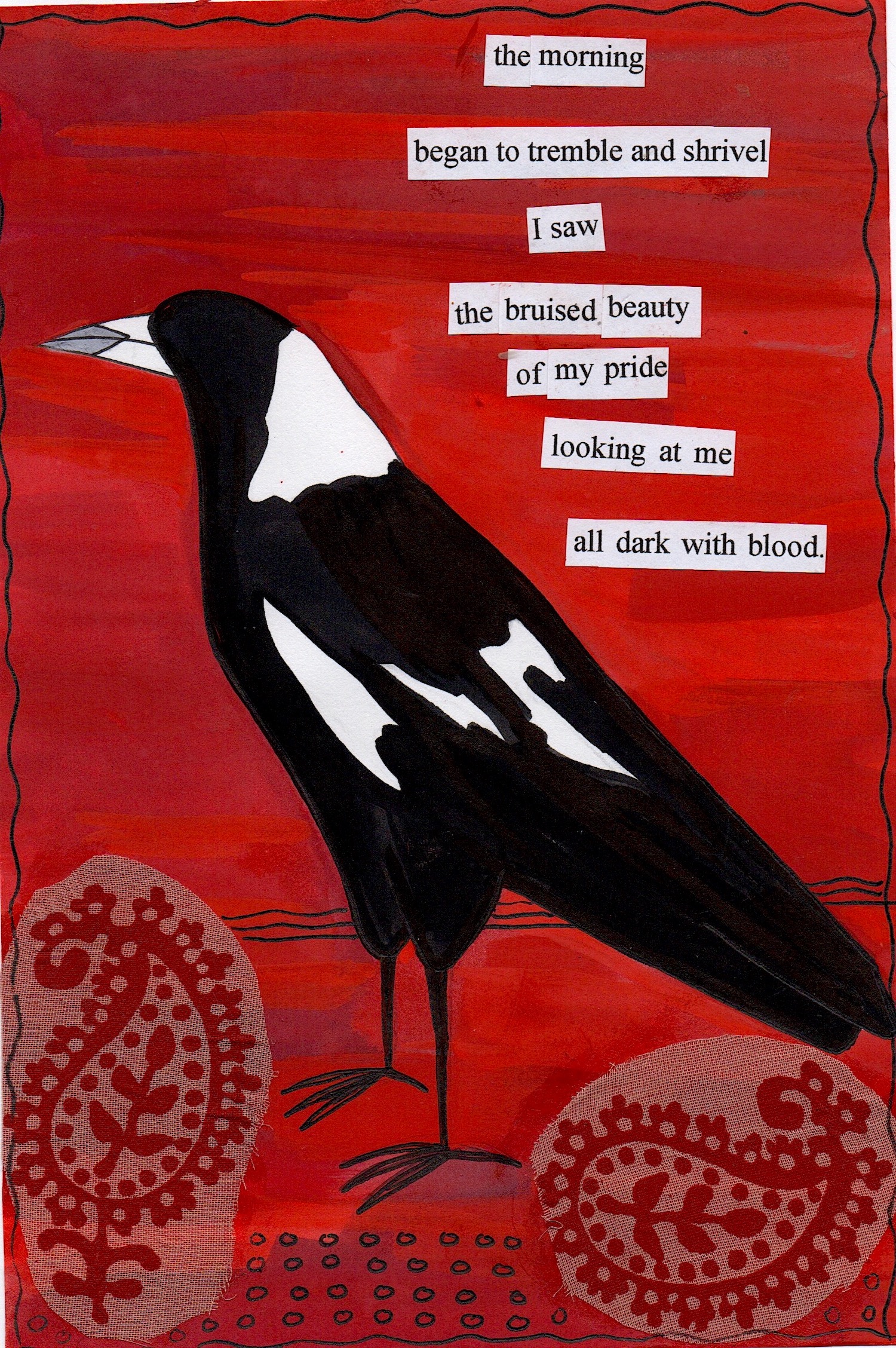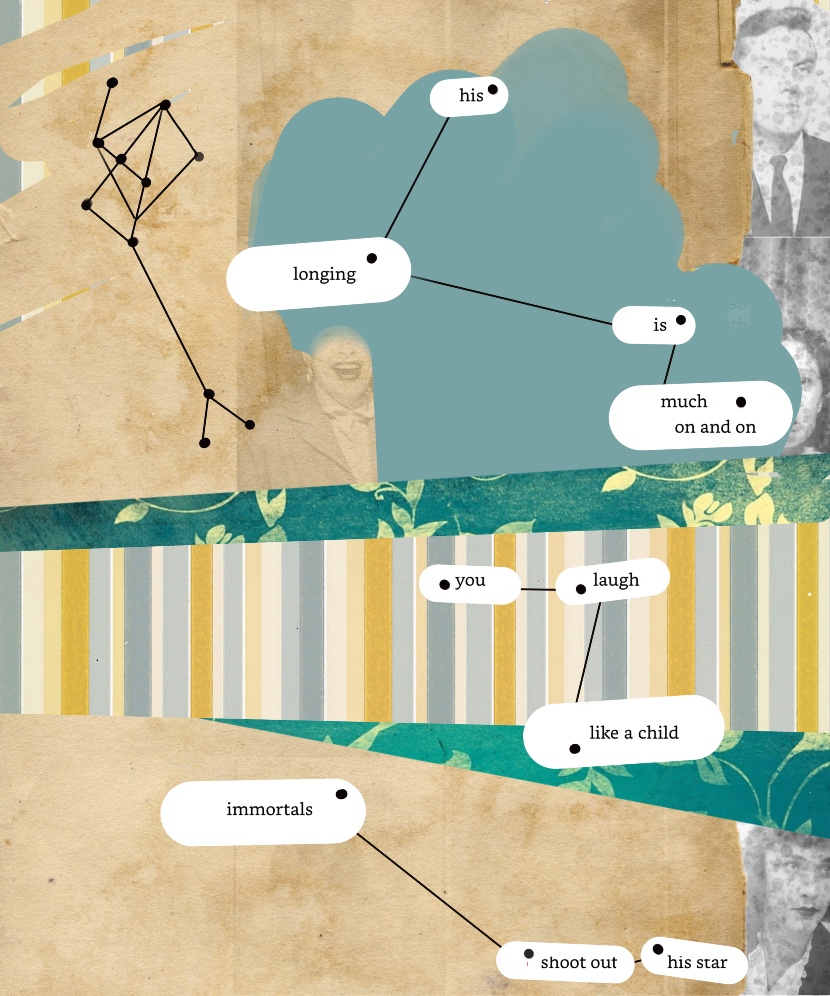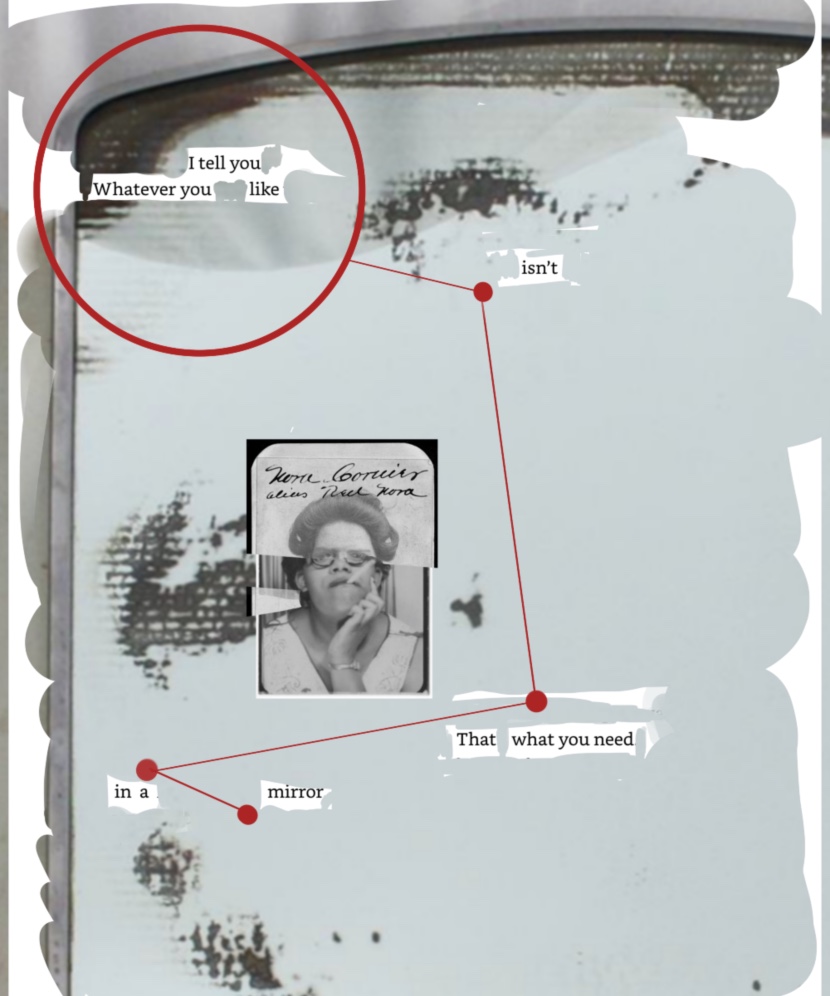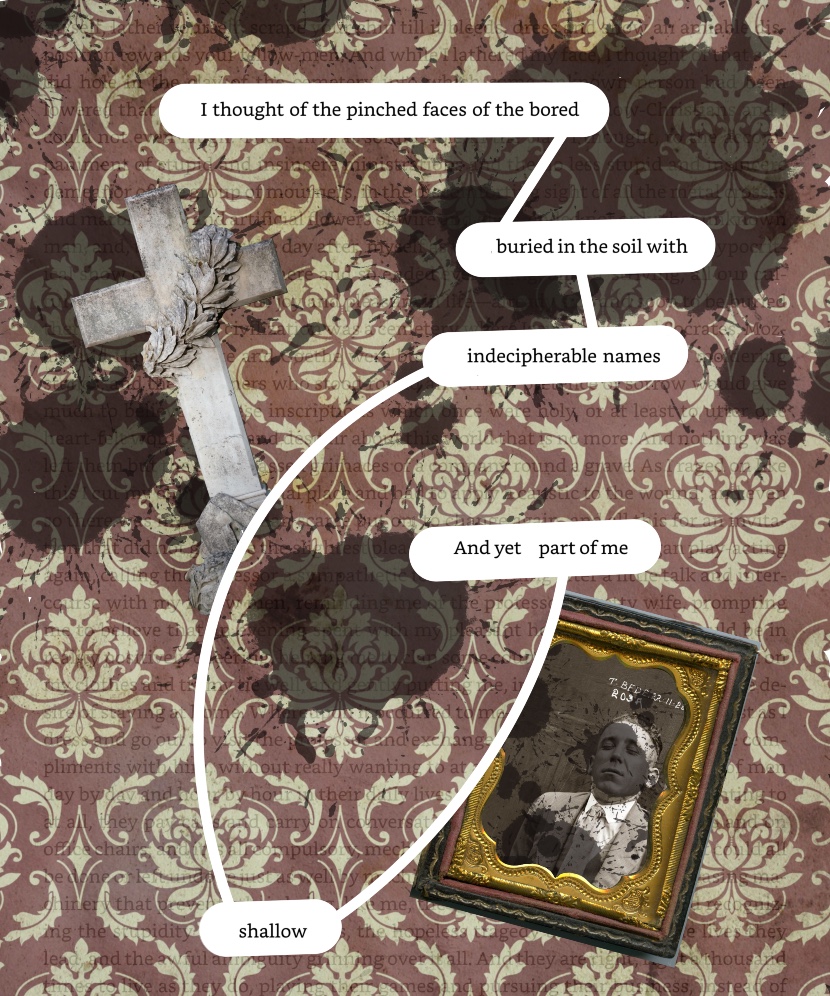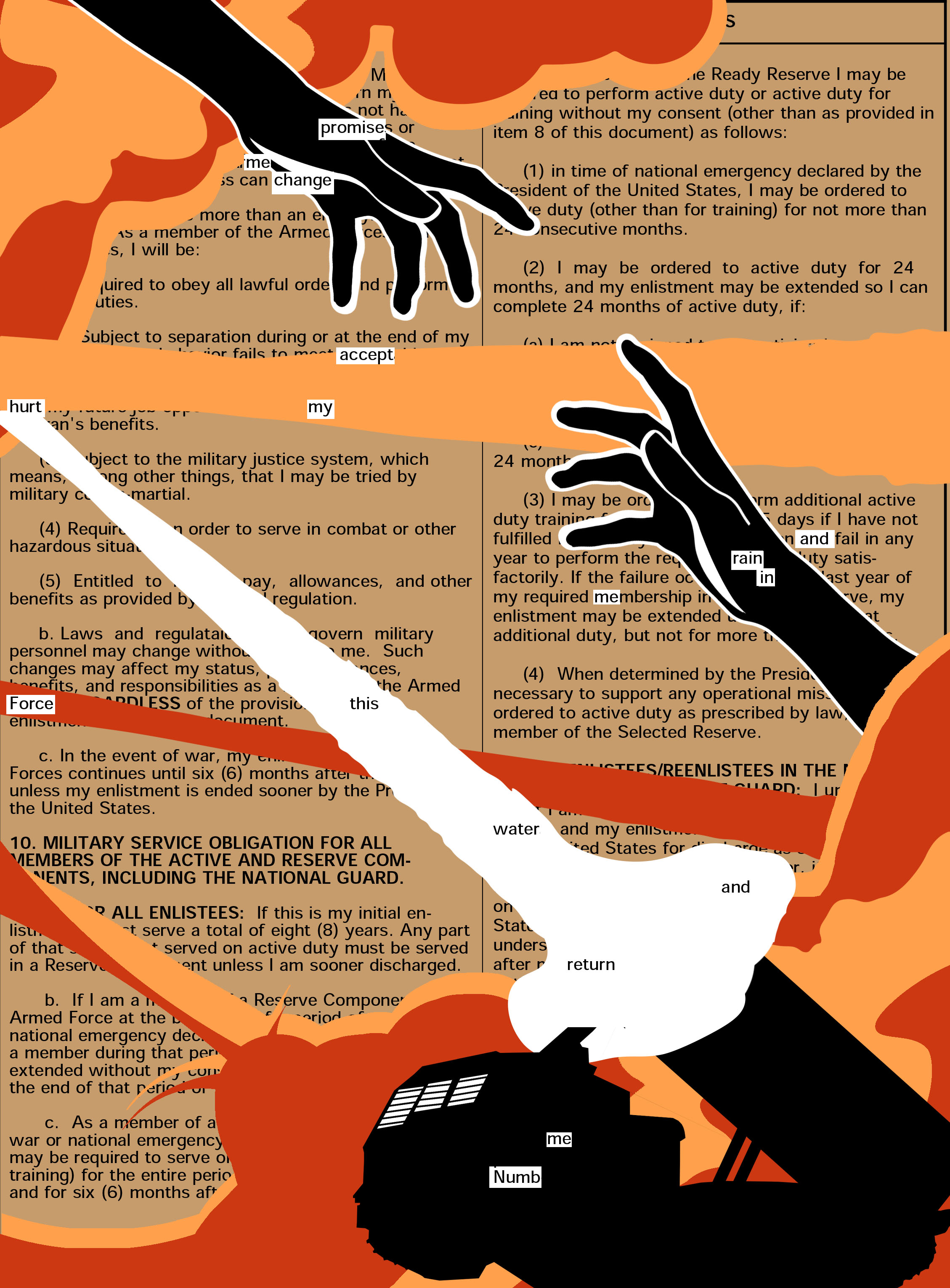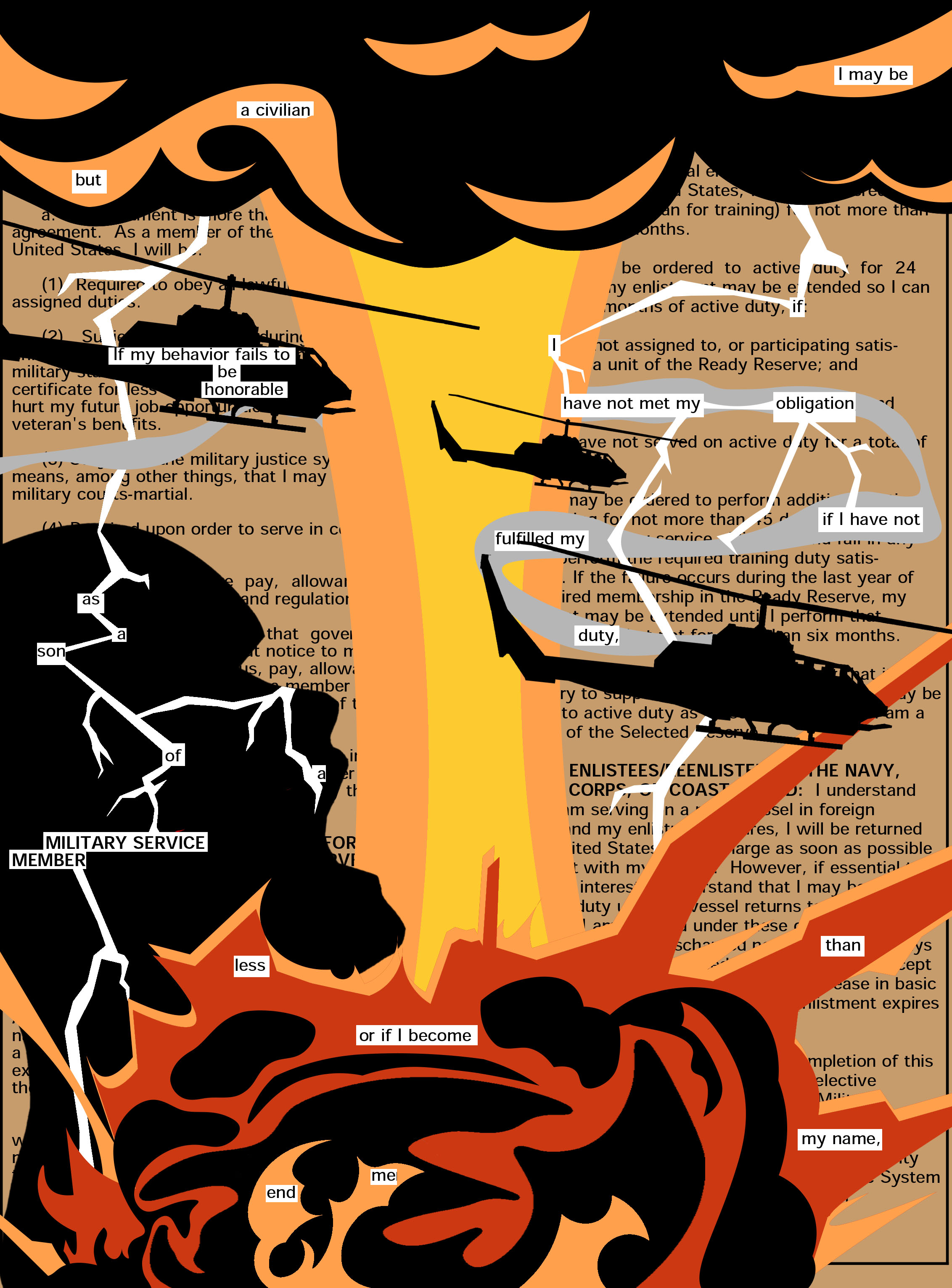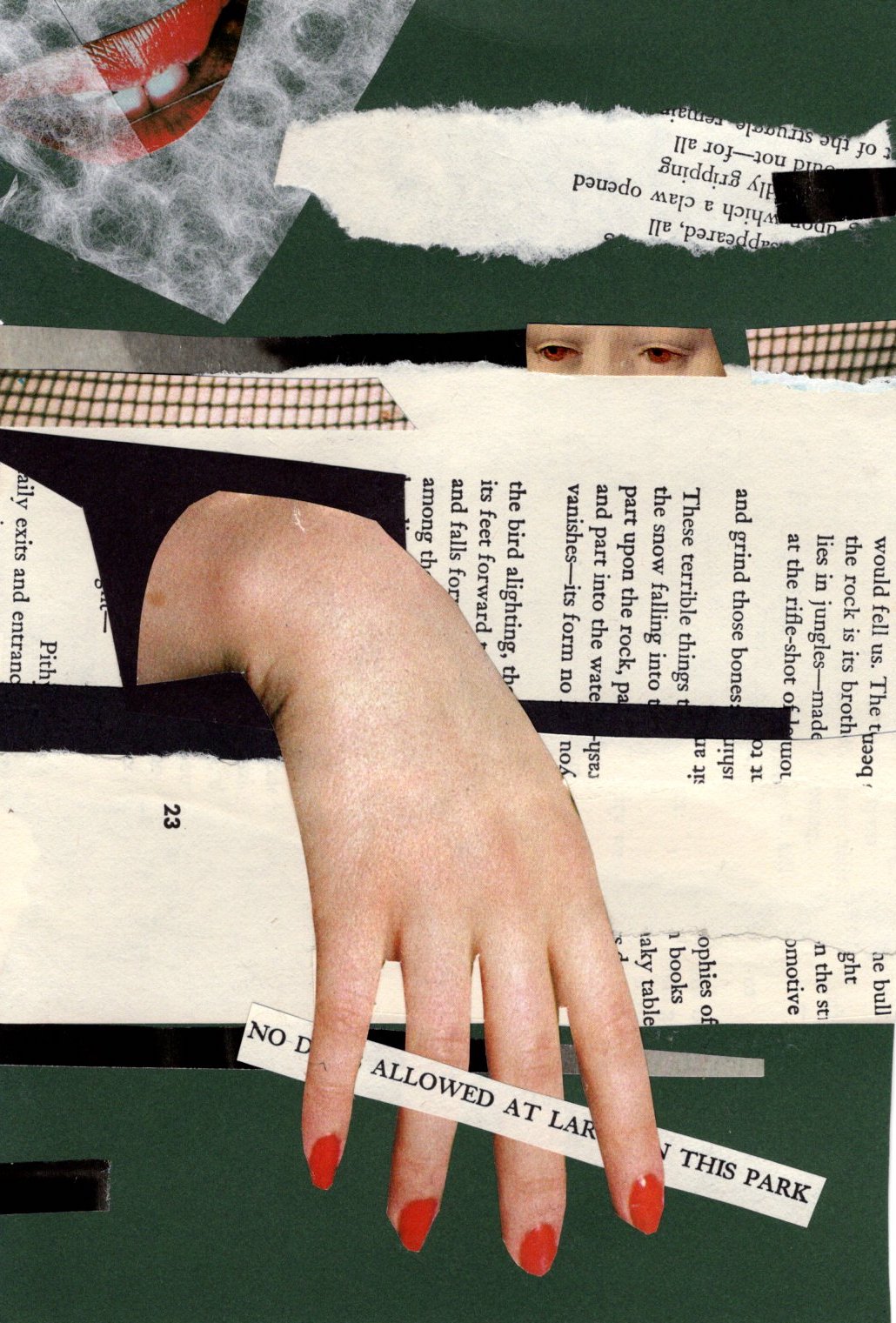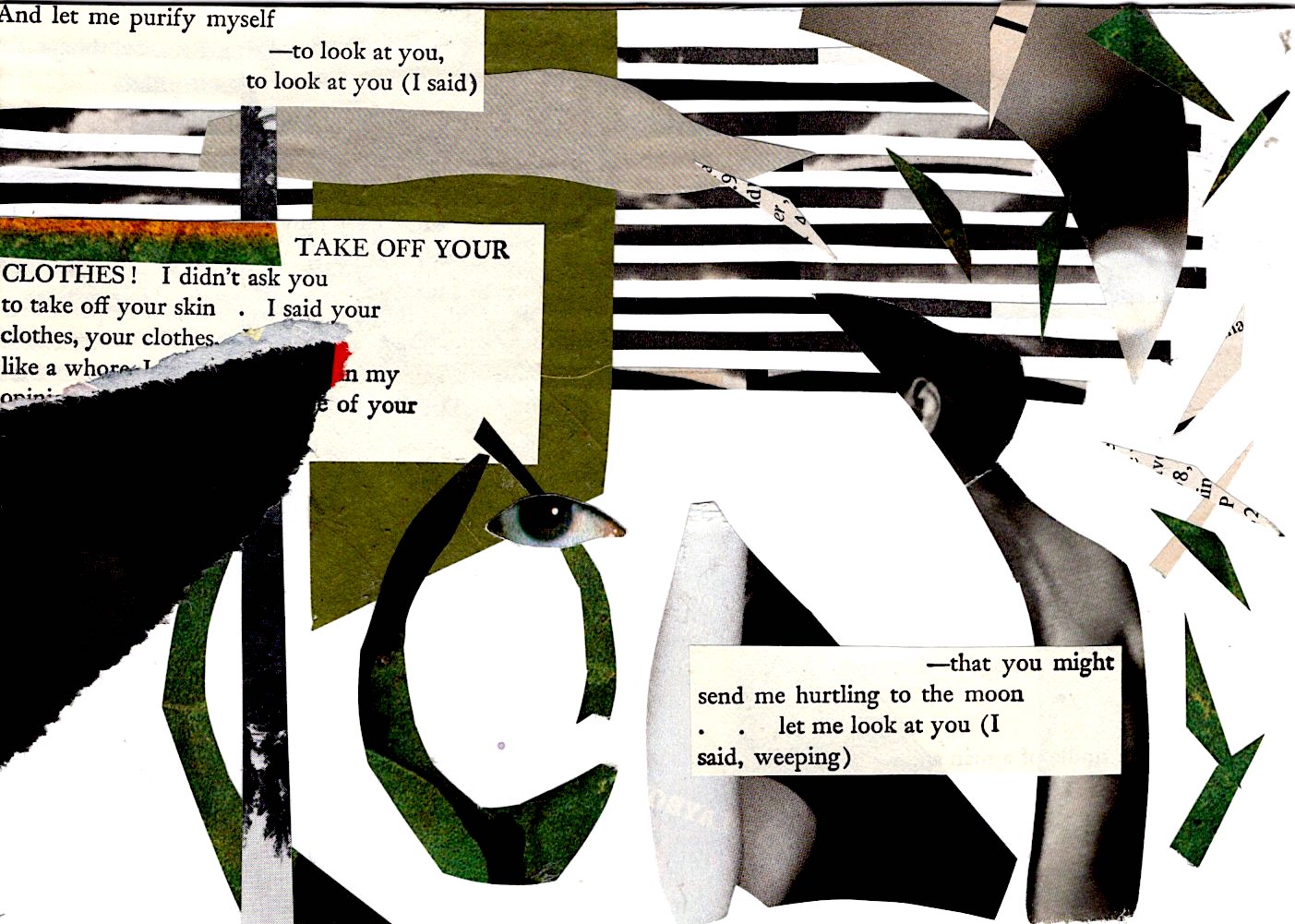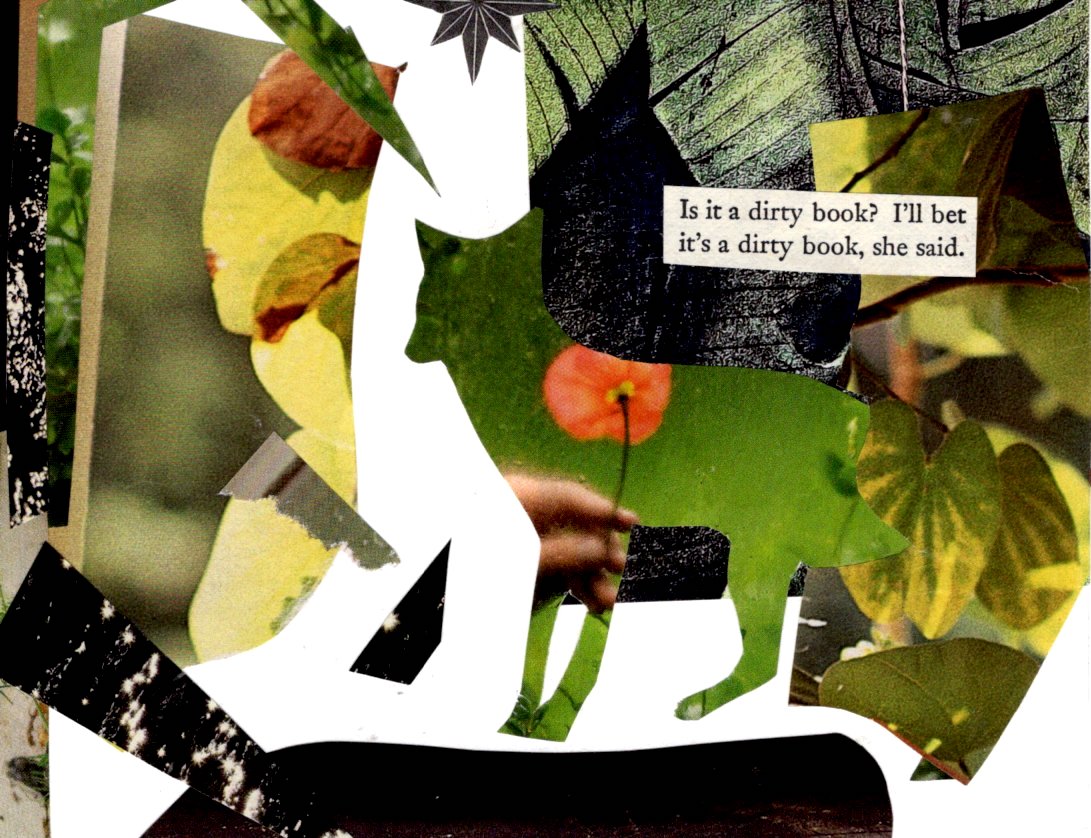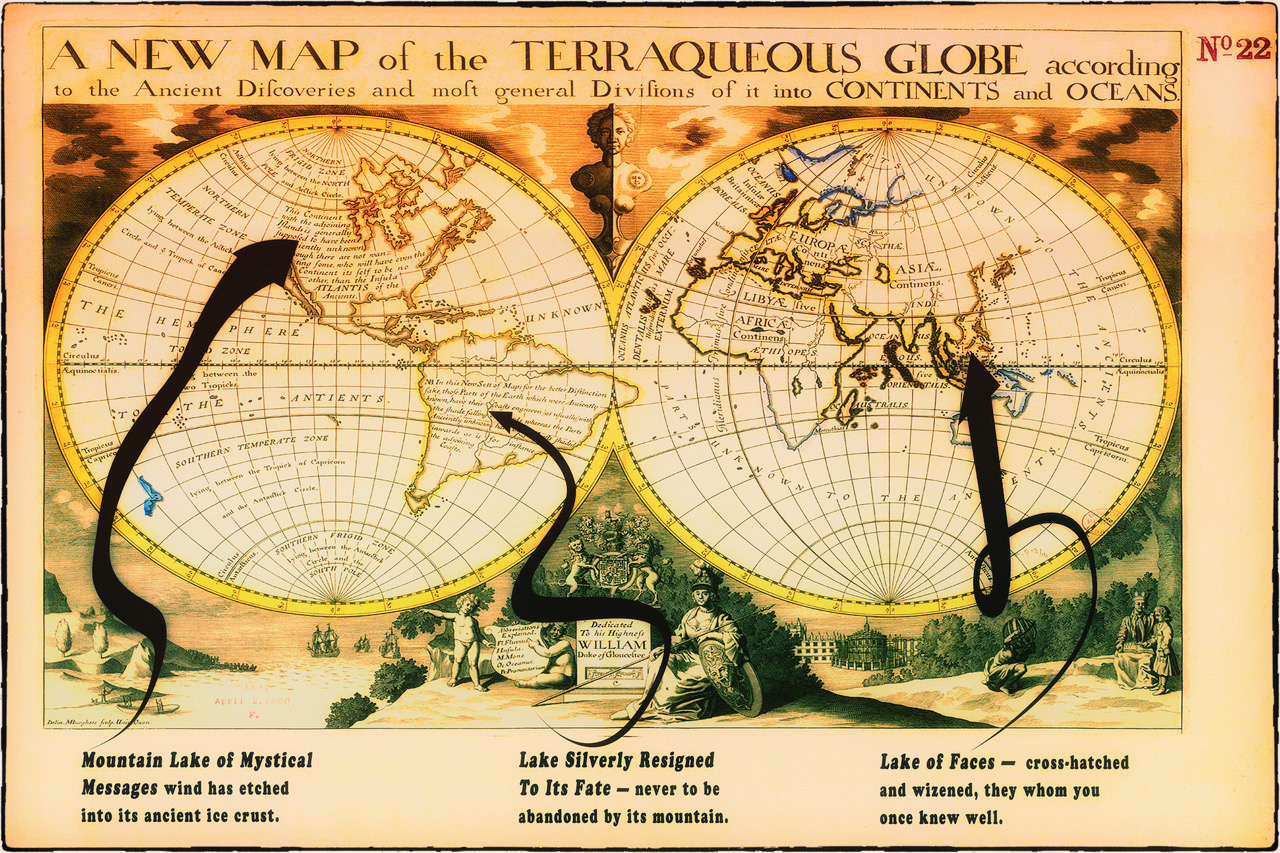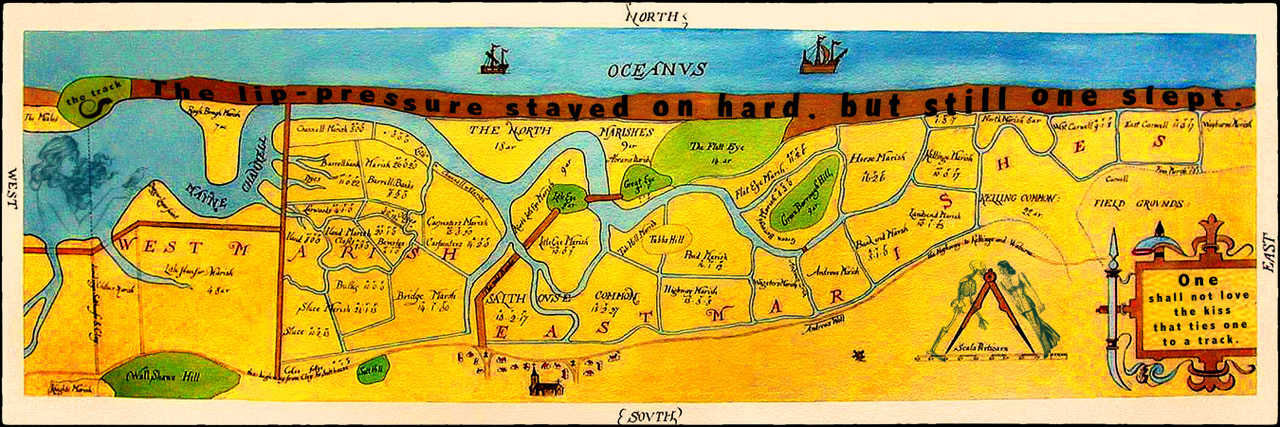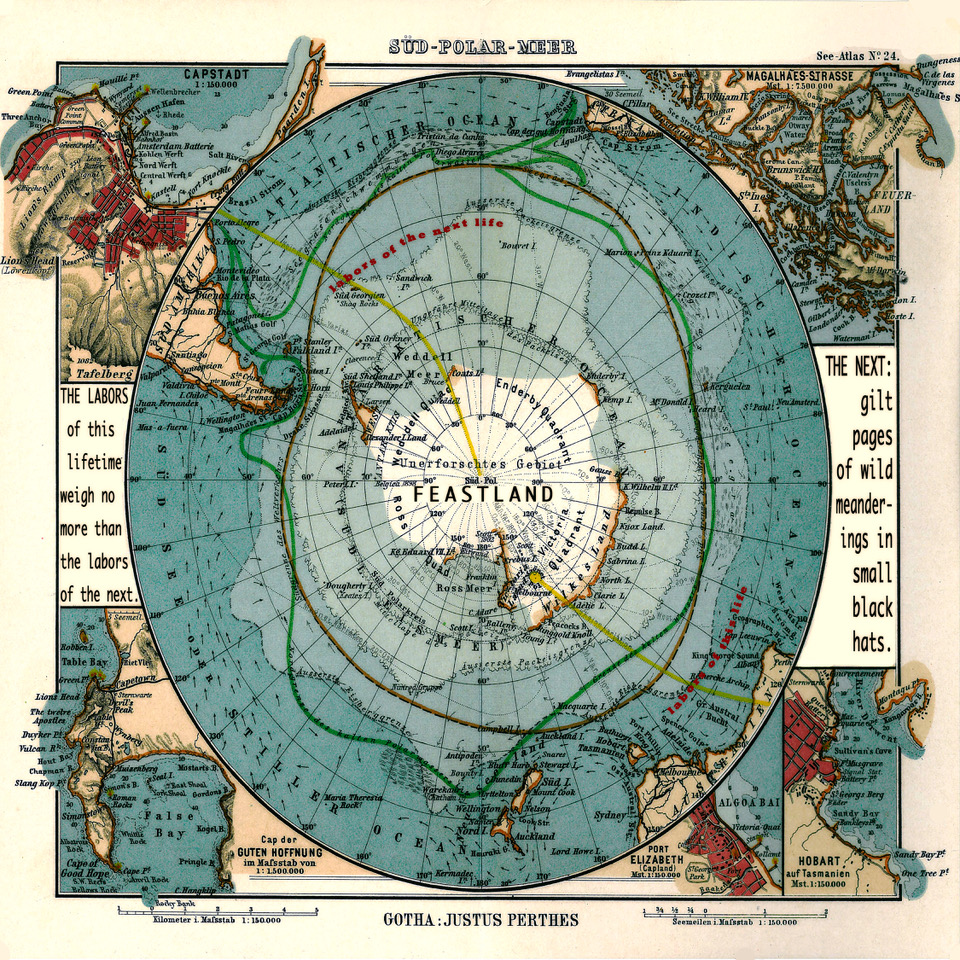Crash Davis
The Gray Man
A man covered in gray dust was walking. He was very far away, but he never stopped walking. He was walking to find me. No matter how long it took, he would find his way up the steps to my door. My family was sitting on the couch in front of the TV. I was in the other room. They couldn’t hear me. It was as if I was pressed between glass. I felt so lonely, and the gray man was walking up the steps to the door and then knocking on the door and then pounding and then trying to push the door in. It’s an old story, told over and over and over again. I’m just telling it one more time. We know that something is very wrong and we are living it.
Source & Method
